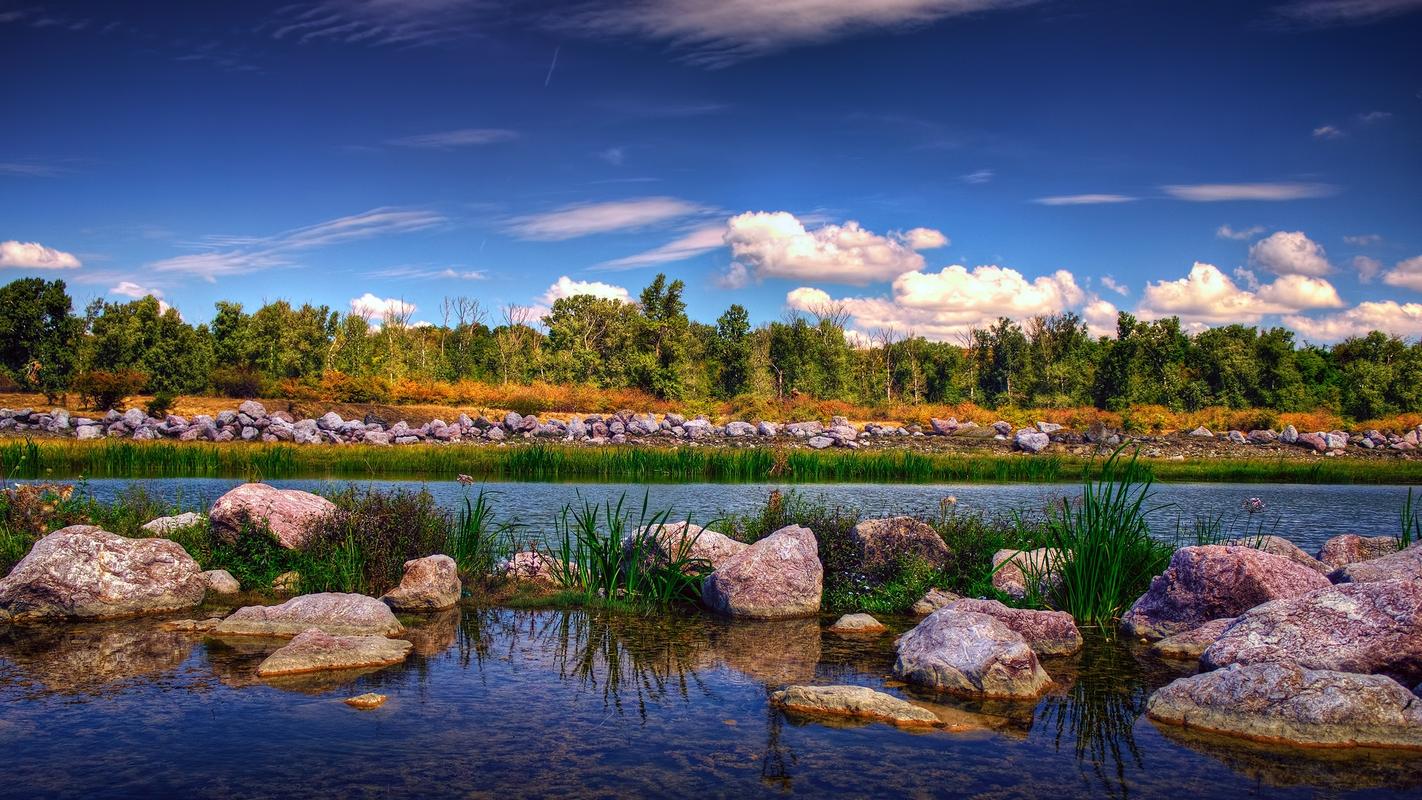The story of cultural evolution is a fascinating one that spans thousands of years. It involves tracing the evolutionary path of human culture from its origins to the present day. This journey is fraught with challenges and obstacles, but through it all, people have persevered, innovating and adapting to changing circumstances.
The journey begins with the first humans who roamed the earth, hunting and gathering for sustenance. As they moved from place to place in search of food, they discovered new ways to survive and thrive. One of the most significant innovations was the development of agriculture, which allowed people to settle down in one place and build communities.
As communities grew, so did the need for social organization. Hierarchies and power structures emerged, with some individuals taking on leadership roles and others following their lead. This led to the creation of laws, political systems, and societal norms, all of which helped to regulate behavior and maintain order.
Over time, cultures began to interact with one another, leading to the exchange of goods, ideas, and knowledge. This is where things really started to get interesting. Cultures began to blend, forming new and hybrid identities. People learned from one another, borrowing customs, rituals, and traditions, and adapting them to their own unique circumstances.
One of the most significant examples of cultural evolution is the rise and fall of empires. From the Roman Empire to the Mongol Empire to the British Empire, these vast political entities exerted tremendous influence over the cultures they came into contact with. They brought new ideas, technologies, and ways of life, and left lasting legacies that can still be felt today.
But cultural evolution isn’t just about big civilizations and grand historical events. It’s also about the everyday people who shape and reshape their cultures through their actions and beliefs. It’s about the food we eat, the music we listen to, the clothes we wear, and the stories we tell. It’s about the ways in which we express ourselves and connect with one another.
In conclusion, the story of cultural evolution is an ongoing one that we are all a part of. It’s a story that is both rich and complex, full of twists and turns. By understanding the evolutionary path that human culture has taken, we can gain a deeper appreciation for the role that culture plays in shaping our lives and our world.
(Note: Do you have knowledge or insights to share? Unlock new opportunities and expand your reach by joining our authors team. Click Registration to join us and share your expertise with our readers.)
Speech tips:
Please note that any statements involving politics will not be approved.
